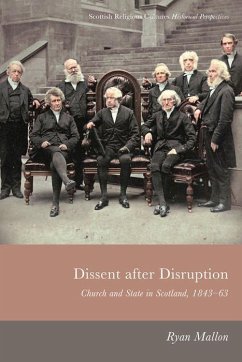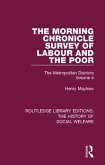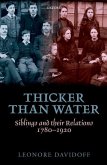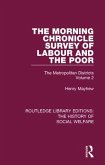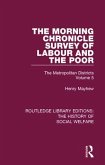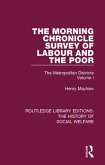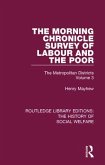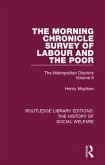A history of post-Disruption Scottish Presbyterian dissent and its religious, political, and social influence The Disruption of the Church of Scotland was one of the most important events in Victorian Britain and had a profound and lasting impact on Scottish religion, politics and society. This book provides the first detailed account of the two major non-established Presbyterian denominations in the two decades after 1843, which together accounted for roughly half of Scotland's churchgoers: the Free Church, formed by those who left the Established Church at the Disruption, and the United Presbyterian Church, a consolidation of the various secessions of the previous century. Ryan Mallon explores how the relationship between these churches developed from the bitter feuds over the church-state connection prior to the Disruption to co-operation in the major ecclesiastical, political and social matters of the day, paving the way to negotiations for merger commencing in 1863. The period between 1843 and 1863 redefined conceptions of what it meant to be Presbyterian and Scottish. By examining a key transitional period in Scottish history, this monograph charts how definitions of Presbyterianism, the Kirk and dissent evolved as Scotland's national religion slowly moved from the divisions of the previous century towards eventual reunion in 1929. Ryan Mallon completed his PhD at Queen's University Belfast in 2018 and currently teaches there in the School of History, Anthropology, Philosophy and Politics. His research focuses on religion, politics and identity in Scotland and he has published articles on Scottish nationalism, education, anti-Catholicism and radical politics.
Hinweis: Dieser Artikel kann nur an eine deutsche Lieferadresse ausgeliefert werden.
Hinweis: Dieser Artikel kann nur an eine deutsche Lieferadresse ausgeliefert werden.

